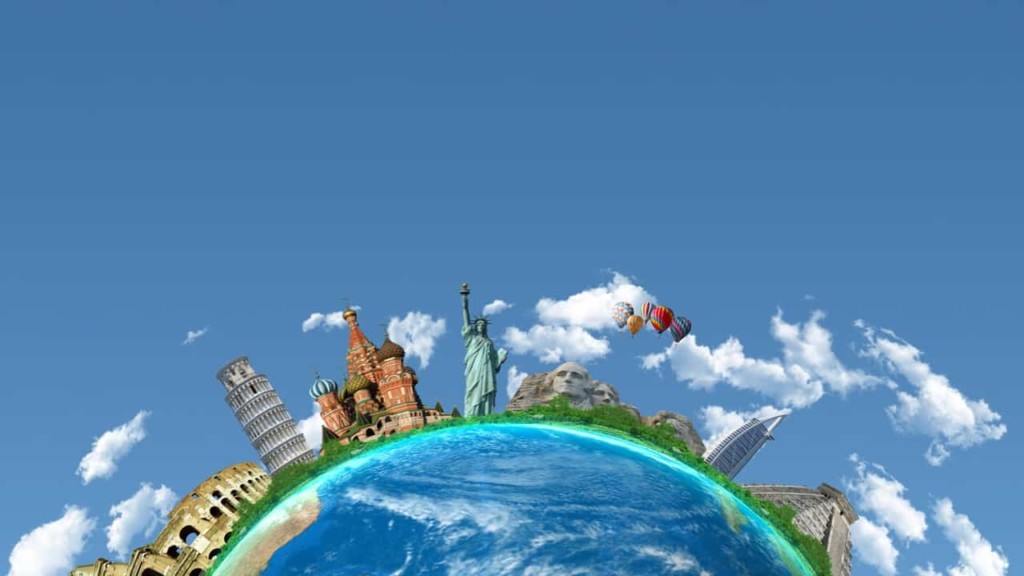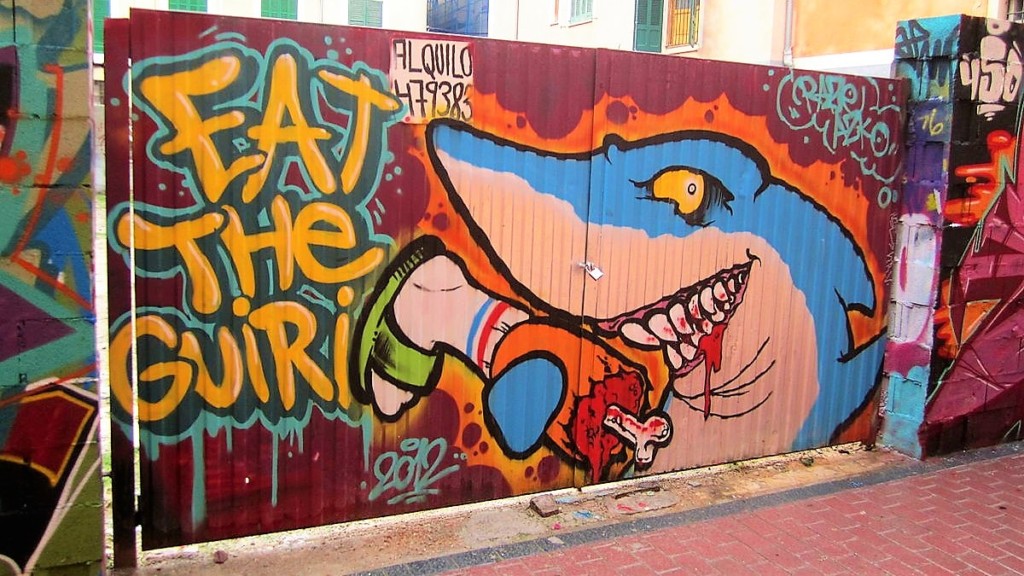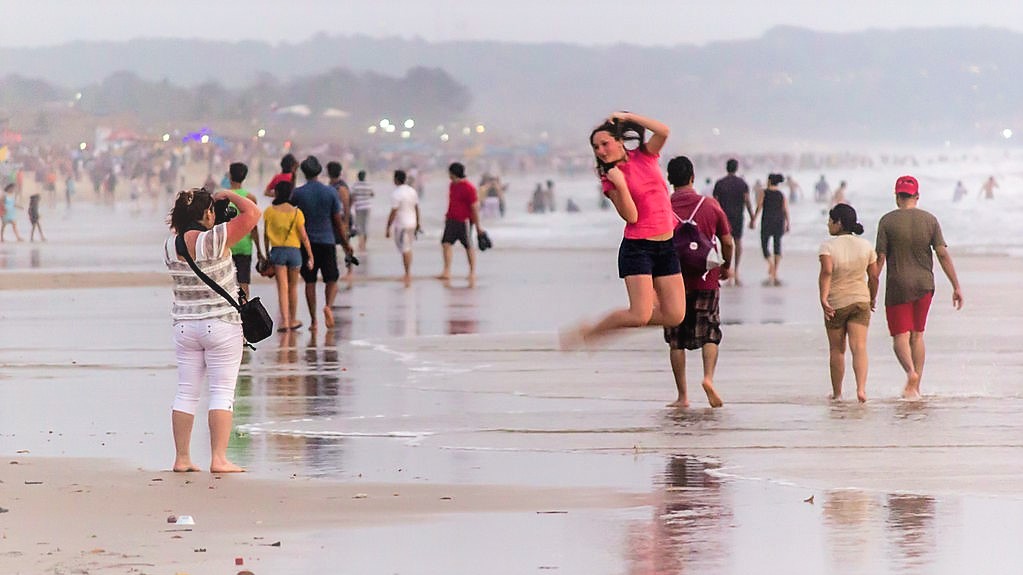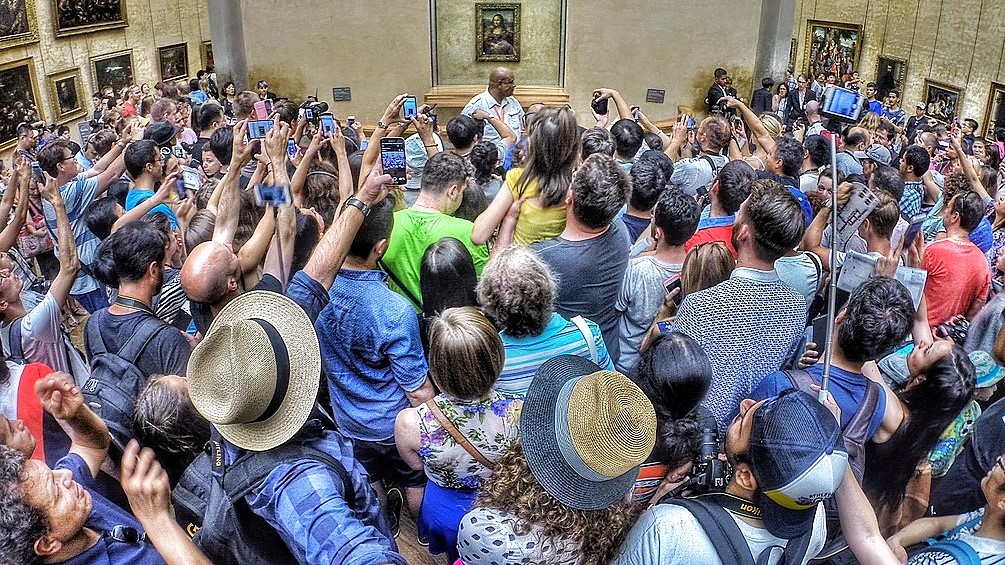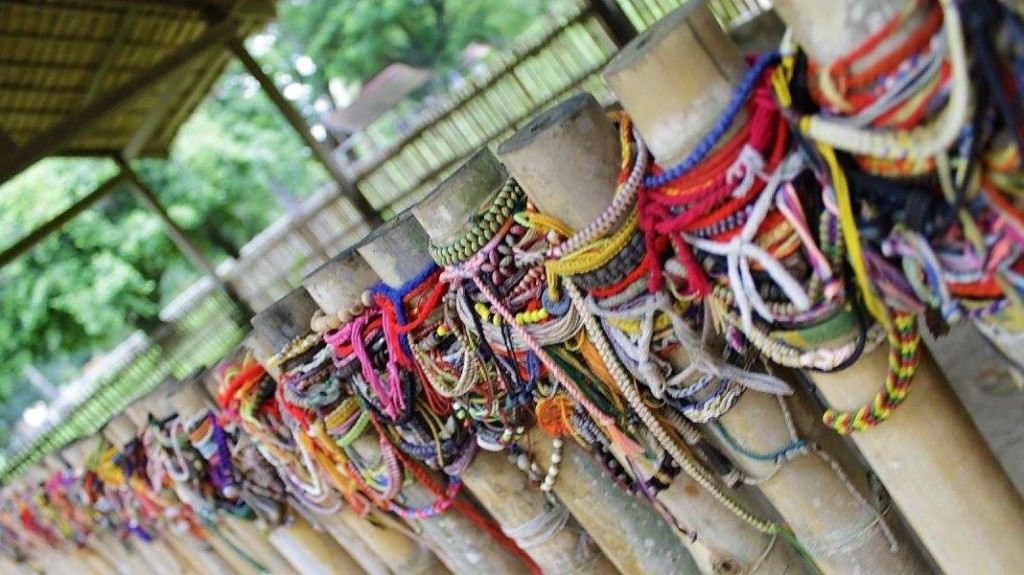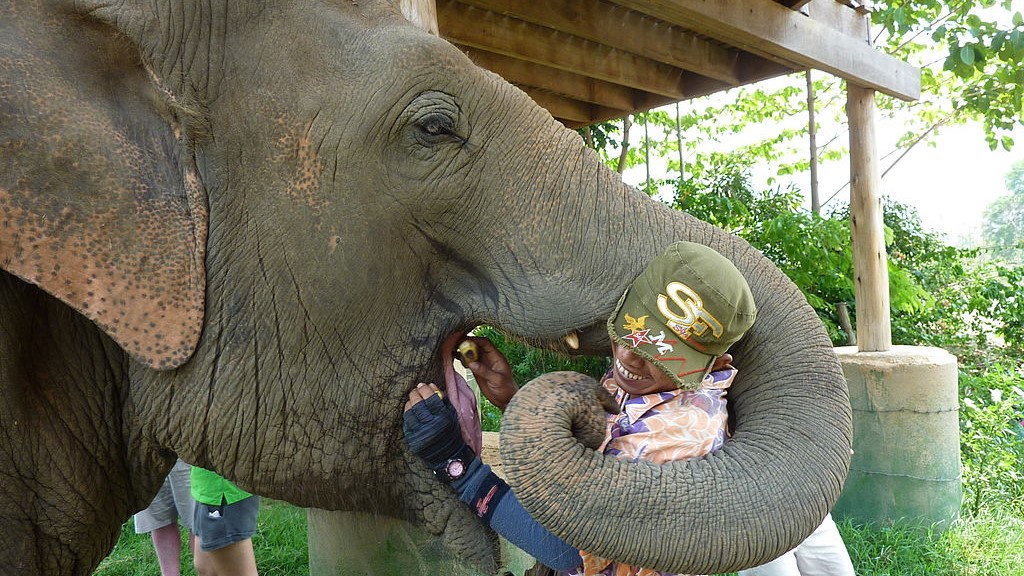Responsible travel & tourism
Scroll down for posts that have been tagged with “responsible travel & tourism”.
Responsible travel is “conducted in such a manner as to not harm or degrade the cultural or natural environment of the places visited”, according to Travel-Industry-Dictionary.com. Responsible tourism is “making better places for people to live in and better places for people to visit”, suggests the Responsible Tourism Partnership.
Responsible tourism and responsible travel are approaches to tourism that prioritise sustainability, ethical practices, and social responsibility. These types of tourism aim to minimise negative impacts on the environment and local communities and maximise positive outcomes for all involved.
Responsible tourism and responsible travel can take many forms, including ecotourism, cultural tourism, and volunteer tourism. These types of tourism often involve close engagement with local communities, respecting local cultures, and supporting local businesses and conservation efforts.
In recent years, responsible tourism and responsible travel have gained popularity among travellers seeking meaningful experiences that have a positive impact. However, it is essential for travellers to do their research to choose reliably responsible tourism options that align with their values.
“GT” tends to (though probably inconsistently) apply the responsible travel & tourism tag where the content discusses the responsibility of the traveller or tourist rather than the supply-side stakeholder. There is of course plenty of content (and tags) that address the responsibility of the travel & tourism industry to do no harm and make things better; tags such as “sustainable tourism and regenerative tourism” for example.
Tags are informal. The “Good Tourism” Blog tries not to get bogged down with terminology and definitions. If you disagree with tags applied (or not applied) to a post, feel free to comment on it or any post you think has been incorrectly or insufficiently tagged. “GT” encourages good-faith debate and discussion.
